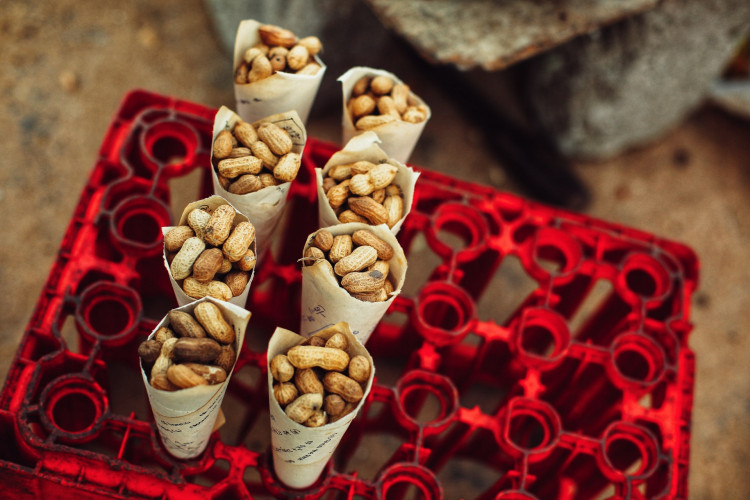Peanuts are one of the most popular nuts in the USA. The nuts originated in South America, with archeological findings suggesting that people in Peru and Brazil could have eaten peanuts about 3,500 years ago.
Since Europeans found peanuts in Brazil, they helped expand the production of peanuts in North America and Asia. Of course, at the time, people did not know that peanuts had great nutritional benefits that made them an important part of a balanced diet.
Peanuts are rich in healthy monounsaturated fats good for the heart
Peanuts often get a poor rap because they have high-fat content. However, the sort of fat in peanuts is actually a heart-healthy variety. For example, peanuts contain 80% unsaturated fat to 20% saturated fat, equivalent to olive oil. The type of unsaturated fat is primarily monounsaturated fat, which has been linked with a lower cardiovascular risk.
Having lots of monounsaturated fats in your diet encourages an artery-clearing mechanism that keeps your blood circulating well and decreases your chances of heart disease or stroke.
Peanuts are a very good source of biotin
Biotin is technically believed to be part of the vitamin B complex, but in the past, it has also been labeled vitamin H. Biotin is an extremely valuable nutrient to your physiological well-being. It is involved in varieties of enzymatic reactions in the body, including processes that regulate the expression of the genes.
Preliminary evidence indicates that biotin could be useful for the treatment of multiple sclerosis, diabetes, and some diseases in the brain. In addition, having enough biotin is important for pregnant women since even moderate biotin deficiency will greatly increase the risk of congenital birth defects.
Peanuts contain the same antioxidants as red wine
Antioxidants are a family of molecules that neutralize free radicals, destructive molecules that can harm the cells. Excessive free radical activity has been proposed as a potential cause for the development of cancer cells, which suggests that having lots of antioxidants will decrease the risk of cancer.
Red wine is well known for its antioxidant activity and is a perfect source of the powerful antioxidant resveratrol. However, peanuts are another potent though less well-known source of nutrients. In animal research, resveratrol has been linked with improved brain blood supply, which lowers the risk of stroke. Routinely eating peanuts or peanut butter will improve the absorption of resveratrol, potentially harnessing its beneficial antioxidant power.






